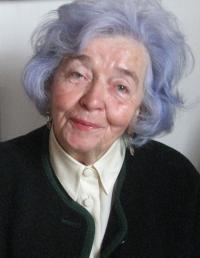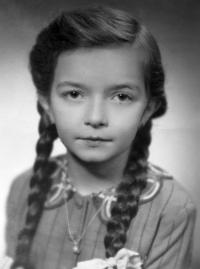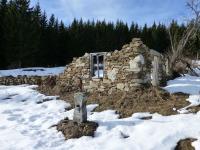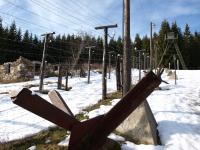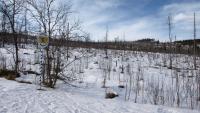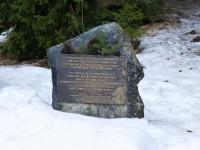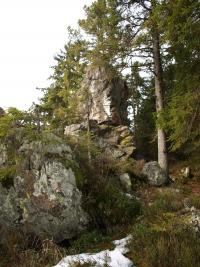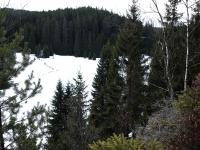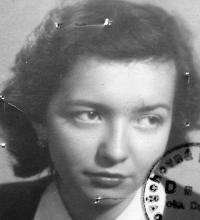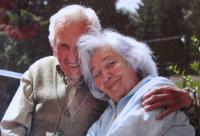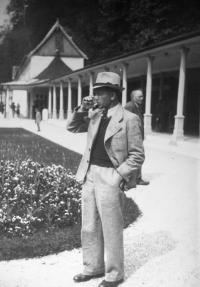I’d like to know if people today would be willing to sacrifice themselves for others like it happened in many cases during Nazism and Communism

Download image
Květa Pěničková was born on 26 March 1934 as the only child of the glass-blower František Voda from Velká Chuchle. During World War II and especially in the days of the Prague Revolt, she and her parents experienced a number of dramatic situations, for example the declaration of martial law and the execution of citizens of Chuchle. After the Communist coup in February 1948 her father became a victim of nationalisation and the bullying of small traders, and Květa was prevented from studying at university. The whole family was profoundly affected by these injustices and by the dark atmosphere of those times. Apart from a loathing for the Communist regime, the fourteen-year-old Květa began to interest herself in the stories of people fleeing from Communism to the West, which she heard on Radio Free Europe. She retained this interest in fugitives, border guides, agents, and the complex issues of the Iron Curtain throughout her whole life. Květa Pěničková’s activities culminated in her becoming one of the initiators and organisers of the construction of a monument to border guides near Františkov u Kvildy. During the years of her research she made a lot of personal and epistolary friendships with the people thus affected, and she now passes on their memories and her own to the future generations.
